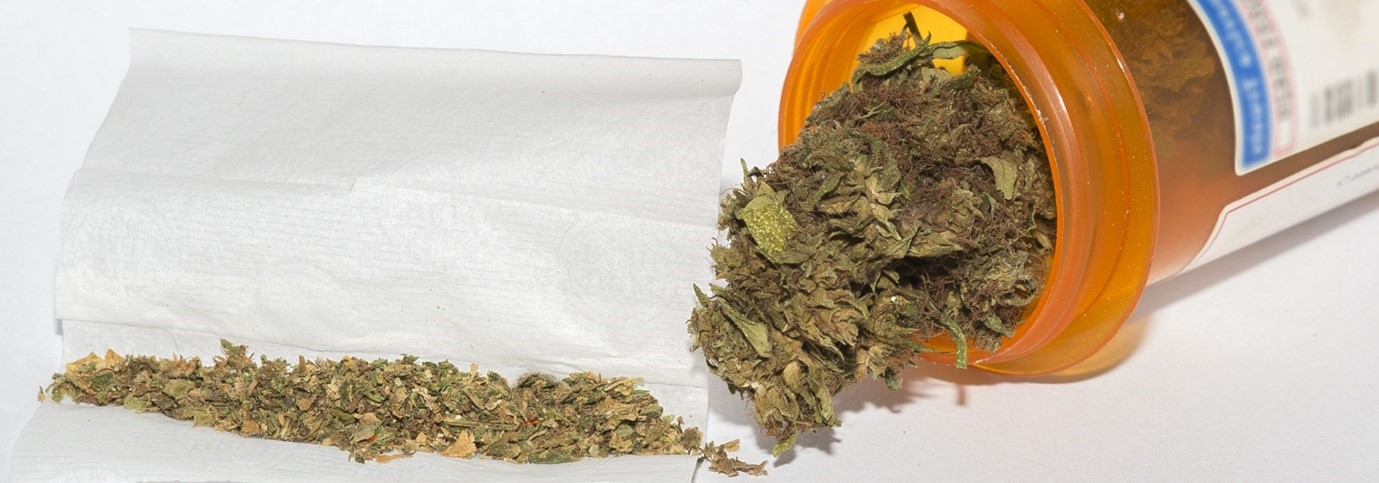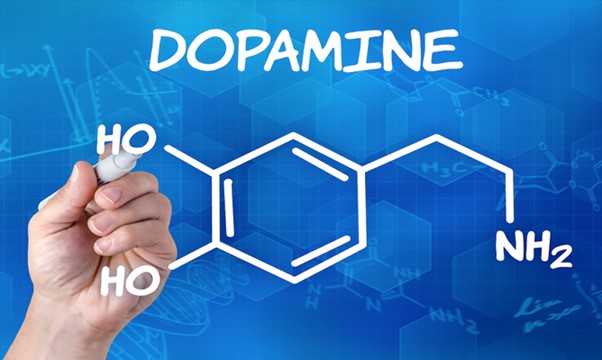Marijuana is a plant that has been used by humans for centuries. Marijuana can be smoked, eaten, or ingested in other ways. The marijuana plant contains more than 100 different cannabinoids that are responsible for marijuana’s effects on people.
Many marijuana side effects are unique to the individual who is consuming marijuana and some are physical while others are psychological. This blog post will discuss everything you need to know about marijuana side effects so you can make an informed decision about whether it’s right for you!
What Is Marijuana and How Can It Be Used?
Marijuana is derived from the marijuana plant. It is usually sold as tinctures, tincture oils, marijuana vaporizers, marijuana candies, marijuana edibles (such as brownies or lollipops), marijuana-infused drinks (such as Coca-Cola), and more. It is usually smoked in marijuana cigarettes (joints), marijuana pipes, or marijuana bongs. Marijuana affects specific receptors on nerve cells that are responsible for the user experiencing “high” feelings and euphoria associated with marijuana use.
How Does Cannabis Affect You?
- Cannabis has been used as a medicine for thousands of years.
- It is now legal for marijuana to be prescribed as medicine in many countries, including those in the U.S. and Canada.
- Marijuana can also be obtained legally from marijuana dispensaries in these countries.
- It changes your: mood, appetite, and brain function (memory and creativity).
- marijuana makes you feel hazy and distracted.
- marijuana use can make some people feel paranoid or anxious; marijuana can also make existing mental health issues worse – it needs to be carefully monitored by a doctor if you have a mental health condition like depression or schizophrenia.”
- Another thing that marijuana has been linked to is increased anxiety and paranoia, depending on how it is consumed (smoking marijuana through a bong or pipe, for example) and how much marijuana you use.
- Marijuana also changes your ability to multi-task because it slows down the time between when something happens and when you start responding to it; this makes driving dangerous while under marijuana’s influence.”
Symptoms of Marijuana Use

Marijuana use can lead to some major side effects, the most common of which is marijuana abuse. Marijuana abuse is different than marijuana addiction because marijuana abuse occurs when marijuana users use marijuana too often or in larger doses than recommended by their doctor. Abuse, unlike addiction, does not involve withdrawal symptoms if marijuana use is stopped.
Symptoms Of Marijuana Abuse Include:
- Increased tolerance
- Legal problems related to marijuana use
- Limited control over marijuana cravings and thoughts about using marijuana
- Feeling high from time to time by just being around people who have been smoking marijuana or staying in a place where people have been smoking marijuana
- Trouble finishing work or school assignments
- Lower grades that are caused by decreased motivation
Long-term Effects of Marijuana Use
- The long-term effects of marijuana use are worth considering because marijuana is not just a drug that you take once in a while, but something that can have an impact on your life.
- Some of the effects, both positive and negative, of marijuana use are disputed. While there are reports stating marijuana could cause cancer in some instances, the link between marijuana and respiratory cancer has not been confirmed.
- Other effects vary by person. For instance, whether marijuana causes mania in some people is disputed. Marijuana may also lead to microsleep when used continuously for a significant period of time or when consumed with alcohol.
- People should think carefully before getting into marijuana use for any reason because it can create problems with mental health after prolonged marijuana use.
Marijuana Toxicity
Marijuana is the most commonly used illicit drug in the United States. It has been found that marijuana may be addictive and also affect your mental health, emotional state, and physical health.
The marijuana plant contains more than 500 chemicals. When marijuana is smoked, marijuana toxins are inhaled as well as marijuana tar, which is a cancer-causing substance.
When marijuana is eaten, marijuana toxins are absorbed by the stomach and small intestine.
These marijuana toxins can result in addiction as well as physical dependence with long-term use. If you stop using marijuana after a period of time, you may experience withdrawal symptoms such as irritability, anxiety, or depression.
Marijuana side effects may occur when marijuana is used long-term. Some marijuana side effects are increased heart rate, problems with coordination and balance, reduced ability to perform tasks requiring concentration or attention span, altered judgment of time passage (slowdowns), memory loss, and poor decision-making skills.
Marijuana Use Disorder
Side effects of marijuana use disorder include addiction, withdrawal symptoms, marijuana intoxication, marijuana-induced psychosis, marijuana overdose. People who experience marijuana-induced psychosis should be hospitalized for psychiatric care. Marijuana induces psychosis by increasing dopamine levels in the brain.
It also decreases serotonin transmission and reduces glutamate activity in the prefrontal cortex. Individuals with marijuana use disorder may experience marijuana intoxication after ingesting marijuana or marijuana products.
This can result in acute panic reactions, hallucinations, paranoia, and a feeling of being disconnected from oneself or reality. Marijuana overdose occurs when a person takes too much marijuana or marijuana products at one time and this can lead to seizures and coma. It is important for people to know about these side effects so they can avoid them when possible.
Marijuana Withdrawal
One marijuana side effect that is not talked about as much as some of the other marijuana side effects is marijuana withdrawal. This marijuana side effect can be very dangerous and even life-threatening.
Marijuana withdrawal especially affects those who depend on marijuana for their mood regulation and marijuana withdrawal can lead to more depression, anxiety, cravings, and marijuana-seeking behavior such as bingeing or picking up smoking again.
Marijuana withdrawal may also lead to more physical problems such as gastrointestinal problems, heart palpitations, irritability, weight loss, sleep disturbances, and changes in appetite. These marijuana side effects can be exacerbated by environmental factors such as lack of social interaction and/or low levels of stress.
Getting Help for Marijuana Addiction

Marijuana is one of the most commonly abused drugs in America. It’s also referred to as weed, pot, marijuana joints, and Mary Jane among other nicknames so marijuana abuse treatment centers are located all over the country.
Marijuana addiction recovery services vary widely depending on where you choose to seek help for marijuana rehab but they typically start with intake procedures that identify the marijuana addict and their specific needs. These marijuana abuse treatment centers then offer a range of marijuana addiction rehabilitation options from detoxification to marijuana rehab therapy, group meetings, and more.
The marijuana addiction treatment centers are a widespread and comprehensive solution for marijuana addiction. The marijuana addiction treatment centers believe that marijuana is a very complicated drug, not a simple drug that a person can give up on their own. When it comes to marijuana addiction treatment centers, there are various different approaches to marijuana rehabilitation available for those who need help with marijuana addiction.
These marijuana abuse treatment centers offer individualized aftercare programs that let the recovering addict become as normal as possible in society. The marijuana abuse treatment centers also offer family counseling and parenting skills programs as well as relapse prevention strategies.
Alternatively, some marijuana rehabs offer outpatient or partial-day programs so you can continue to work and pursue your hobbies while you recover from your marijuana addiction. Some marijuana addiction treatment centers offer marijuana detoxification services.
Detox is an important part of marijuana rehabilitation for anyone who used the drug on a regular basis and wants to quit using marijuana altogether so it’s vital that they attend inpatient or outpatient marijuana rehab programs when trying to recover from this debilitating substance abuse disorder.
Conclusion
Marijuana can lead to some serious side effects that you should be aware of before deciding if marijuana is right for you. It’s important to know the risks and benefits of using this drug.
We are more aware of the medical benefits that marijuana can have on people with chronic pain, but it is important for users to be careful about side effects.
Marijuana may cause some unpleasant symptoms such as increased heart rate, paranoia or anxiety.
If you notice these symptoms taking place after using marijuana, talk to your doctor and see if there’s an alternative treatment option available.
